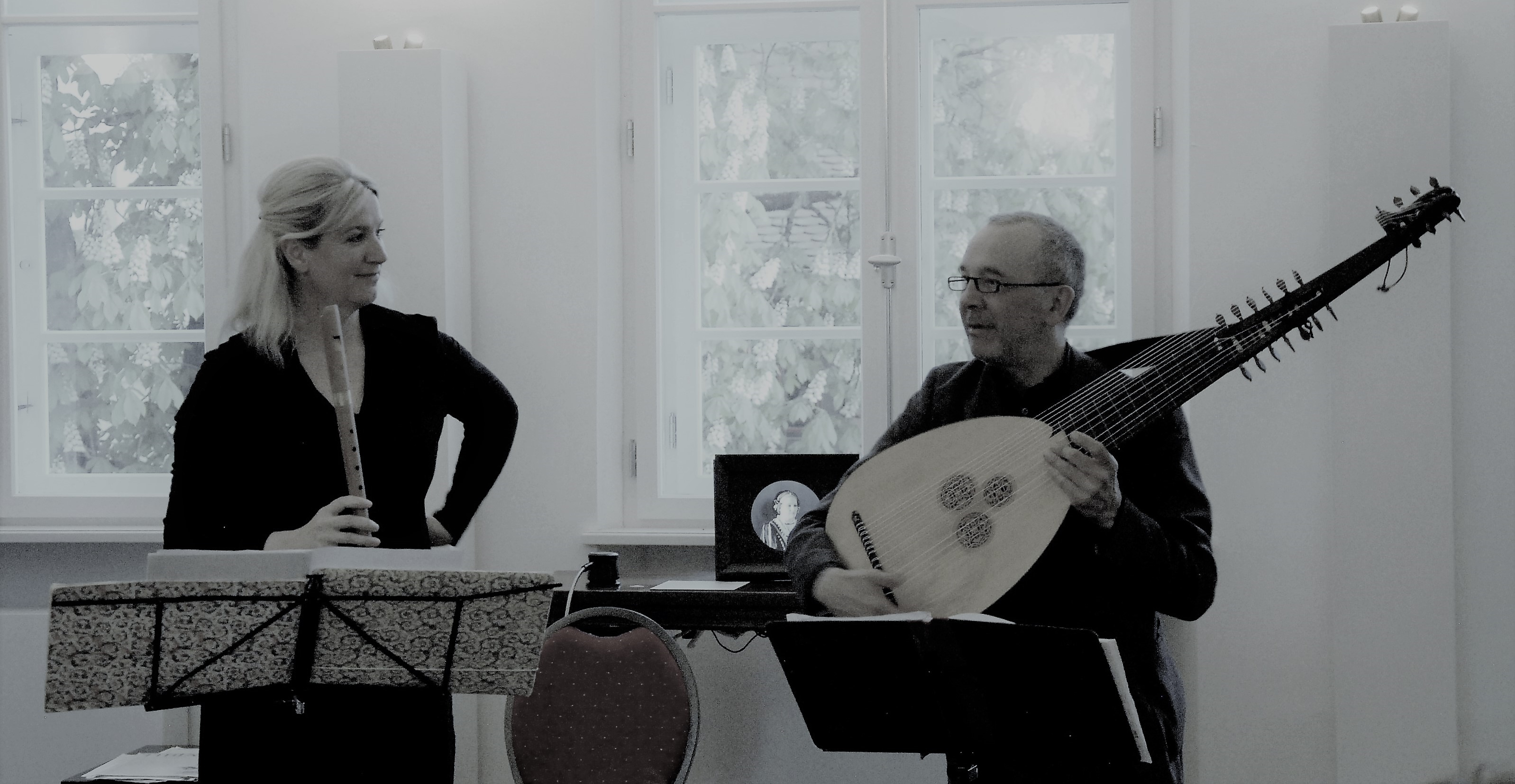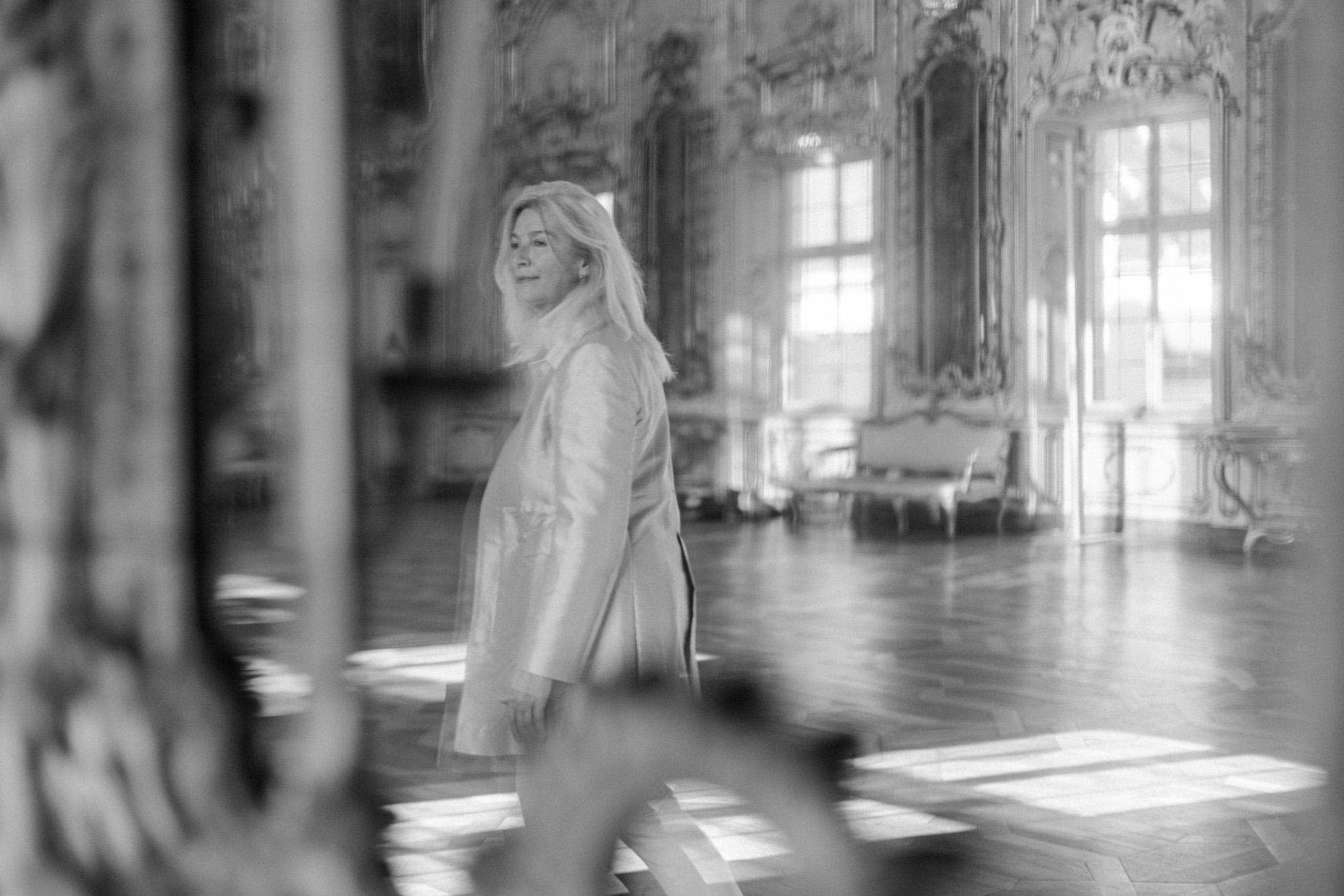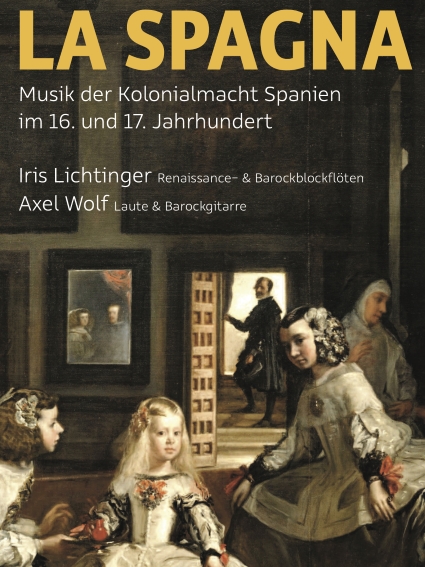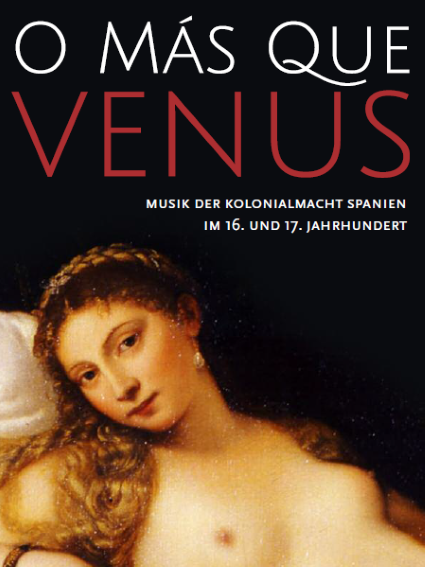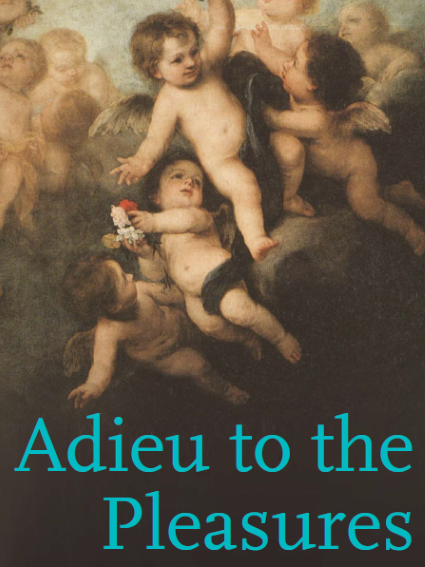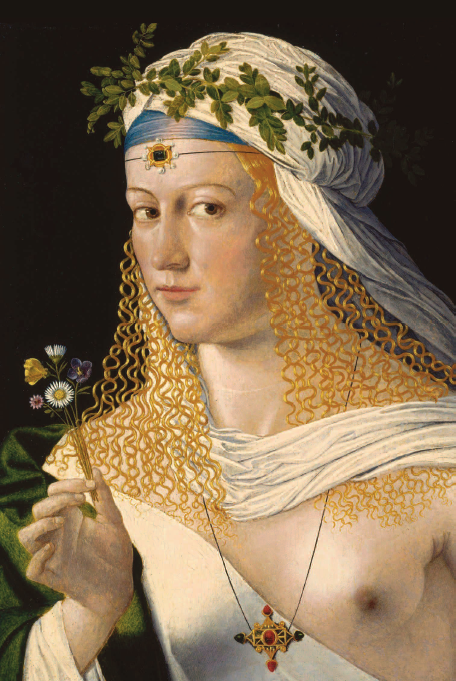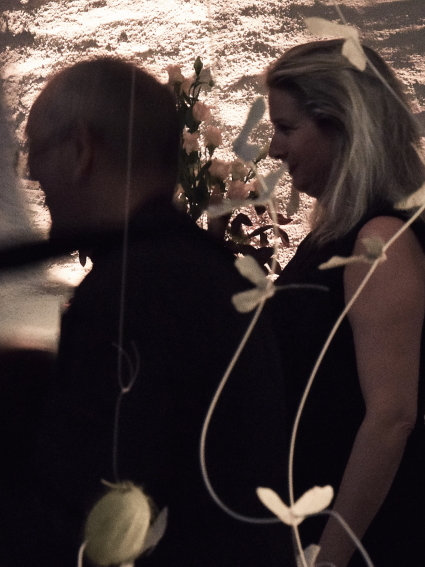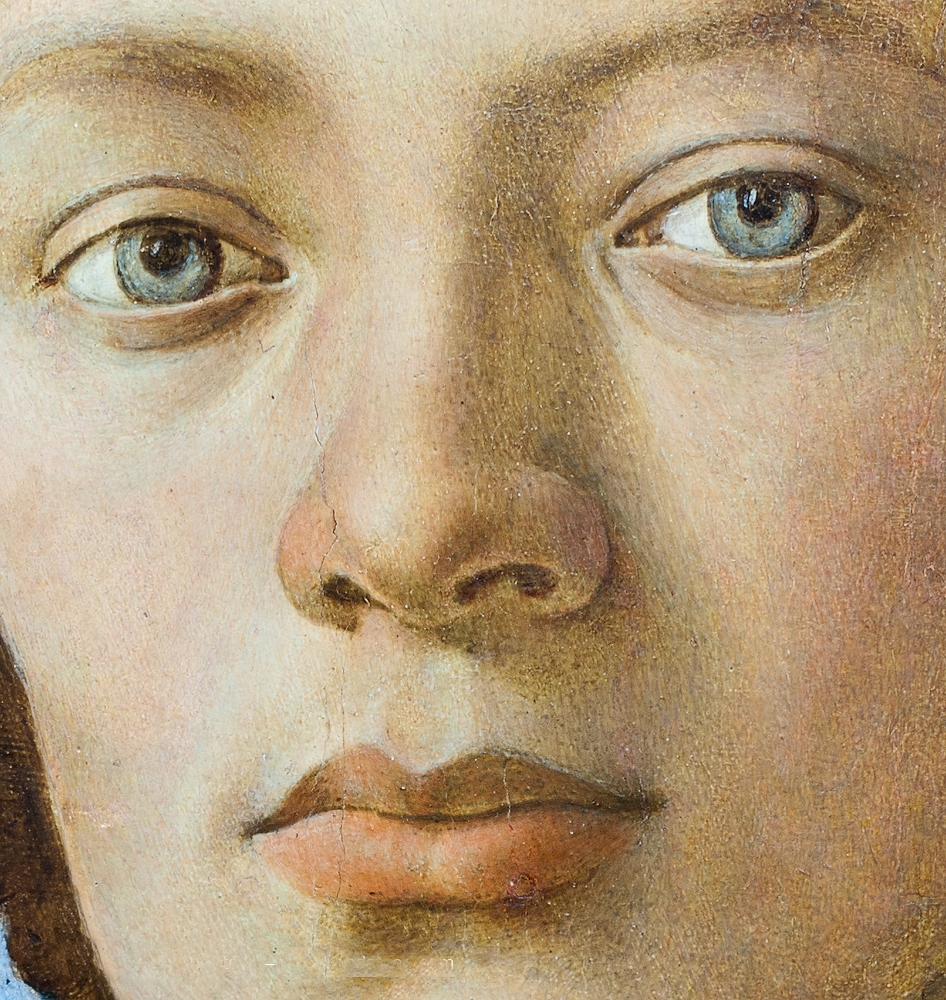In duo with the lutenist Axel Wolf, one of the most distinguished musicians in his field and winner of the Echo Klassik award, a series of concert programmes dedicated to Renaissance and Baroque music was created.
|
"Cheerful, lively, imaginative and also optimistic, because the sanguine were on the programme. The artists managed to evoke this feeling with ease. Lichtinger thrilled with lightning-fast, highly precise solos, optimally supported by Axel Wolf , who made his theorbo sound with technical brilliance and irrepressible joy of playing." DONAUKURIER 9/2016 |
PRESS REVIEWS:
With changing colours, in charming dialogue, yet technically immensely adept, the two musicians created a sparkling programme. The casual elegance with which Wolf caressed rather than plucked his instruments, including a multi-stringed kink-necked lute, harmonised perfectly with the wild runs and breathed syncopations of the flute. Both knew how to handle the dance-like movements in a very playful, light-footed manner, letting lively dances follow melancholic flowing. In short: an immensely varied, very concentrated presentation of early baroque gems and thus truly a "feast for the ears" .
AUGSBURGER ALLGEMEINE 3 / 2020
DREAMING & WAKING
Inspired by a diary, between dreamy contemplation and joie de vivreSamuel Pepys (1633 - 1703) pondered the difference between dreaming and waking in his personal diary, which the English Member of the House of Commons, Secretary of State of the Royal Navy and passionate amateur musician kept during the years 1660 -1669. Among other things, he played the lute and noted on Thursday, April 16, 1668, that he had begun to learn the recorder, the sound of which attracted him the most "of all the sounds in the world." Musical treasures between dream immersion and joie de vivre from the multinational melting pot of baroque London.
LA SPAGNA
Music of the colonial power Spain in the 16th and 17th centuriesLA SPAGNA is the name of a famous tune that was played throughout Europe from the 15th to the 17th century and used as a model by many composers, including Antonio de Cabezón and Diego Ortíz, who was a Spaniard living in Rome and publishing music there...
O MÁS QUE VENUS
Music of the Colonial Power Spain in the 16th and 17th CenturiesFinancial transactions with the Spanish crown and the mercury mines in Castile were important pillars of the Fugger economic empire. That is why the concert series "The Fuggers and Music" features compositions from the Spanish dominions of the 16th and 17th centuries...
ADIEU TO THE PLEASURES
French music in Scottish manuscriptIn the 17th century, the Auld Alliance, the Scottish-French defence pact against England of 1295, although revoked in 1560, still had a cultural impact and young Scots were sent to France for education...
THE STILL MUSIC Flauto dolce e liuto
Music of the 16th and 17th centuries in Augsburg and VeniceThe "quiet music" cultivated in the patrician houses of Augsburg during the Renaissance is recorded in documents of the time. Paul von Stetten the Younger writes: „Um diese Zeit war es gewöhnlich, bey allen Gastmahlen und Hochzeiten, nicht nur zum Tanze, sondern auch bey der Tafel, Musik zu haben (…)"...
INNSBRUCKISCH ARIA
Baroque Music at the Court of InnsbruckWith Tyrol as an important interface between the Italian south and the German north, different musical cultures, traditions and styles met at the Innsbruck court, creating the special flair of the music produced there...
MUSENKÖNIG
Music for Lute and Flute from the End of the Middle Ages to the Rococo PeriodEmperor Maximilian I was praised by his contemporaries as the "King of the Muses", whose domain stretched from Tuscany to the North Sea, from Silesia and Moravia in the east to the Grand Duchy of Burgundy...


